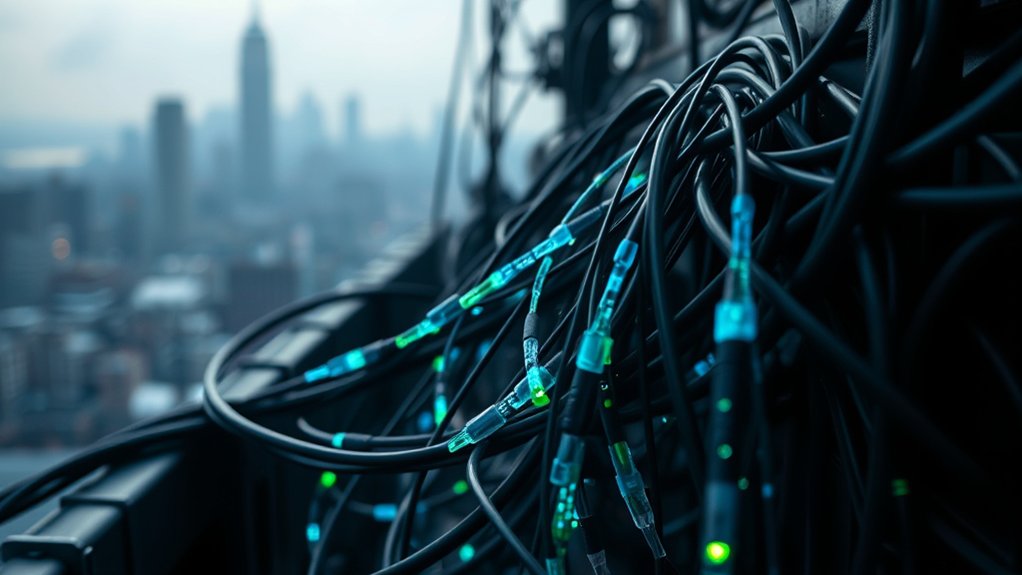As tensions escalate in the geopolitical atmosphere, Iranian hackers have increasingly targeted U.S. critical infrastructure, triggering a serious response from federal agencies. A joint alert from the Cybersecurity and Infrastructure Security Agency (CISA), the FBI, the NSA, and the Pentagon Cyber Crime Center has highlighted the imminent threat of cyberattacks on sectors such as energy, water, healthcare, transportation, and the Defense Industrial Base (DIB).
Remarkably, organizations linked to Israeli defense contractors have been flagged as particularly vulnerable owing to the heightened geopolitical hostilities surrounding Iran’s nuclear program.
Cyber threat intelligence has revealed that Iranian hackers, often associated with the Islamic Revolutionary Guard Corps (IRGC), exploit unpatched software weaknesses and default credentials to gain initial access to operational technology systems. Past incidents include the compromise of water utility systems in the U.S., demonstrating their capability to disrupt crucial services.
Their methods range from distributed denial-of-service (DDoS) attacks and website defacements to ransomware deployment and destructive data-wiping malware, indicating motivations that extend beyond mere financial gain. Social engineering attacks account for an overwhelming majority of successful cyberattacks, making human error a critical vulnerability in infrastructure defense.
Historical precedents underscore the potential consequences of these cyber incursions. During Israel’s 2023 military operations in Gaza, Iran-linked hackers executed retaliation campaigns targeting U.S. and allied infrastructure. A significant attack involved the breach of a Pennsylvania water facility, facilitated through the exploitation of accessible Unitronics programmable logic controllers.
Such incidents illustrate a consistent pattern: Iranian cyber threats intensify in reaction to Israeli military actions or U.S. involvement. Iran’s cyber capabilities are increasingly sophisticated, emphasizing the urgency for heightened vigilance against potential attacks.
In light of these developments, critical infrastructure organizations are urged to take proactive measures. Swiftly addressing software vulnerabilities and securing default credentials are vital steps in counteracting Iranian cyber activities.
Furthermore, companies within the DIB with ties to Israel should improve their security protocols, maintain increased surveillance, and implement strong network defenses, including multi-factor authentication and network segmentation.
The evolving threat environment necessitates that organizations remain vigilant to safeguard against potential Iranian cyber operations.









